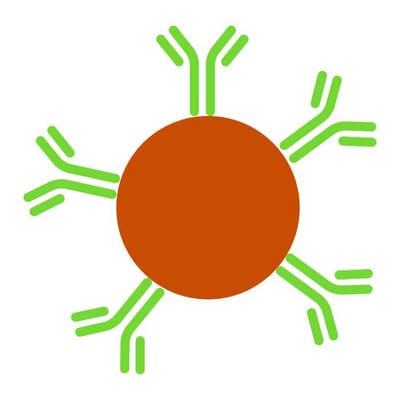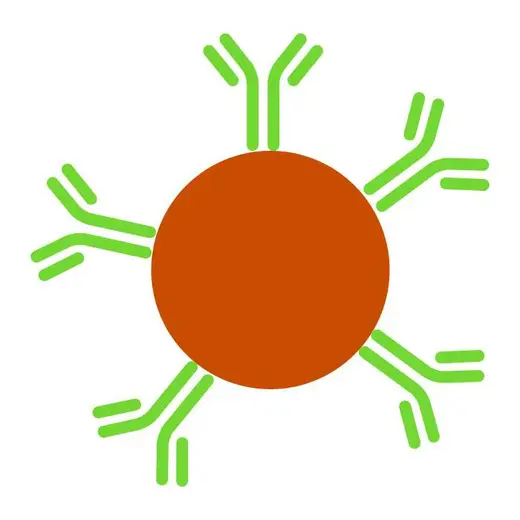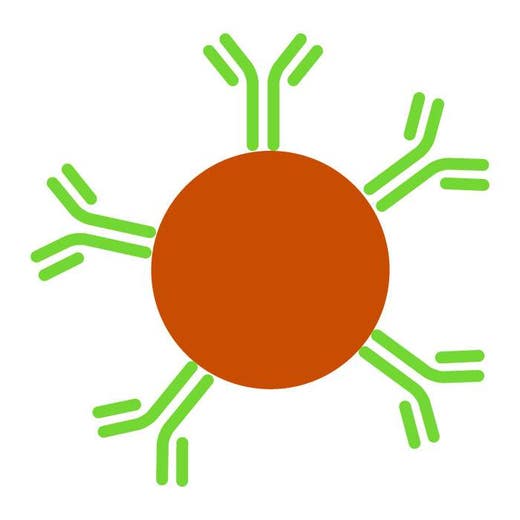
AlphaLISA Anti-C-tag Acceptor Beads, 250 µg


AlphaLISA Anti-C-tag Acceptor Beads, 250 µg






AlphaLISA Acceptor beads conjugated to anti-protein C-tag antibody. These beads can be used to capture C-tag (EDQVDPRLIDGK) labeled proteins, and can be used in conjunction with Alpha Donor beads to create AlphaLISA no-wash assays.
| Feature | Specification |
|---|---|
| Application | Protein-Protein Interaction |
AlphaLISA Acceptor beads conjugated to anti-protein C-tag antibody. These beads can be used to capture C-tag (EDQVDPRLIDGK) labeled proteins, and can be used in conjunction with Alpha Donor beads to create AlphaLISA no-wash assays.



AlphaLISA Anti-C-tag Acceptor Beads, 250 µg



AlphaLISA Anti-C-tag Acceptor Beads, 250 µg



Product information
Overview
AlphaLISA Acceptor beads conjugated to anti-C-tag antibody. These beads can be used to capture C-tag proteins, and can be used in conjunction with Alpha Donor beads to create AlphaLISA no-wash assays for:
- Analyte detection
- Biomarker detection
- Binding studies
- Protein-protein interaction
- Other immunoassays
In a typical Alpha assay, 1 mg of Acceptor beads is sufficient to run 1,000-2,000 wells using a 50 µL reaction volume.
Specifications
| Application |
Protein-Protein Interaction
|
|---|---|
| Automation Compatible |
Yes
|
| Bead Type or Material |
AlphaLISA Acceptor
|
| Brand |
AlphaLISA
|
| Conjugates |
Anti-C-tag
|
| Detection Modality |
Alpha
|
| Product Group |
Beads
|
| Shipping Conditions |
Shipped in Blue Ice
|
| Target Class |
Binding Assay
|
| Technology |
Alpha
|
| Unit Size |
250 µg
|
Video gallery

AlphaLISA Anti-C-tag Acceptor Beads, 250 µg

AlphaLISA Anti-C-tag Acceptor Beads, 250 µg

Resources
Are you looking for resources, click on the resource type to explore further.
Electrophoretic Mobility Shift Assay (EMSA) is a standard technique used to study protein-DNA interactions. It is a radioactive...
Alpha has been used to study a wide variety of interactions, including protein:protein, protein:peptide, protein:DNA, protein:RNA...
Fc Gamma Receptors (FcγRs) are critical for the function of therapeutic antibodies and mediate many effector functions.
Therapeutic...
Loading...


How can we help you?
We are here to answer your questions.






























